Sustainable Agrifood Systems Intelligence (SASI)

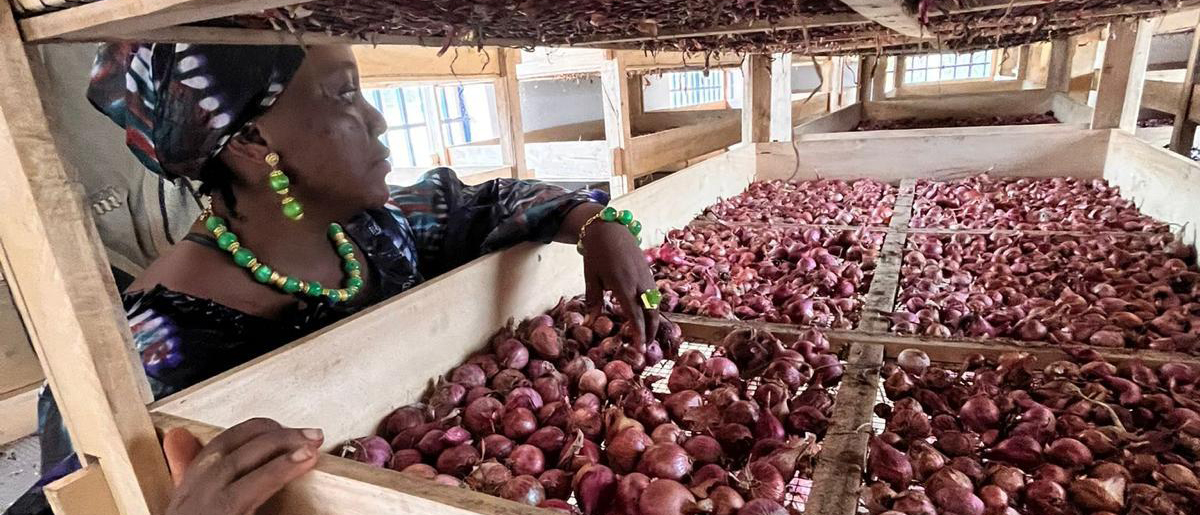


Agrifood systems concern the way our food is produced, processed, transported, traded, distributed, consumed and disposed of. Population growth, urbanization, shifting wealth and changing consumption patterns are straining these systems, jeopardizing their ability to provide healthy food and sustainable livelihoods.
Agrifood systems produce about one- third of global greenhouse gas emissions and consume large amounts of natural resources, especially water. They also contribute to critical biodiversity loss and land degradation, threatening the very existence of agriculture for future generations. All this underscores the urgent need to sustainably transform agrifood systems.
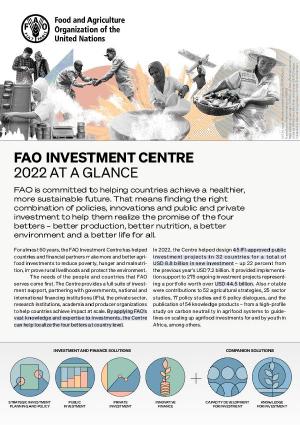
FAO is committed to helping countries achieve a healthier, more sustainable future. That means finding the right combination of policies, innovations...
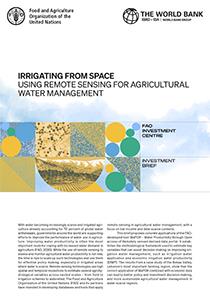
This publication is part of the FAO-World Bank Cooperative Programme and aims to review and inform on the latest applications...
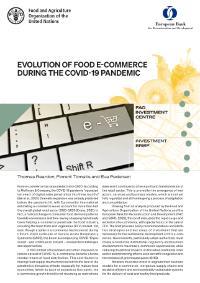
This investment brief, prepared by FAO and commissioned by the European Bank for Reconstruction and Development (EBRD) hones in on...
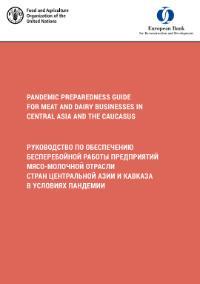
In January 2020, the World Health Organization (WHO) declared the outbreak of a new coronavirus disease in Hubei Province, China,...
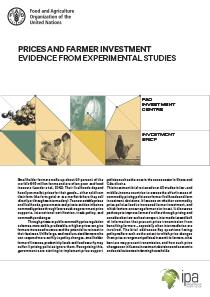
Changes in commodity prices may impact smallholder farmers in various ways: to what extent do higher prices transmit to the...
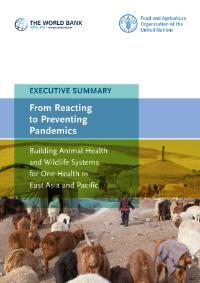
Investing in One Health – cross-sectoral, multidisciplinary coordination and collaboration across the human health, animal health, and environmental...
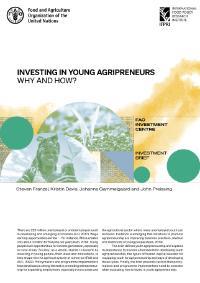
There are few wage-earning opportunities for the 223 million unemployed or underemployed youth in developing and emerging economies. Many of...
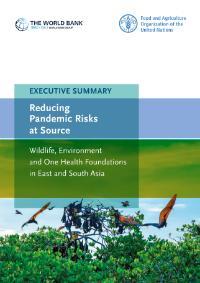
Emerging infectious diseases (EIDs) are infections associated with new or significantly-expanded geographic scope or spread of zoonotic, vector-borne,...

This Food Systems Profile provides a summary of the main food system issues in Nigeria and highlights potential solutions for their sustainable and...
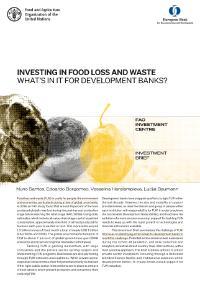
Food loss and waste (FLW) is costly for people, the environment and economies, particularly during a time of global uncertainty....
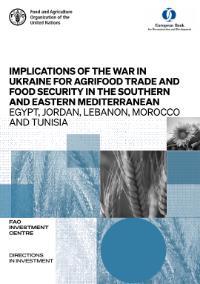
The Russian Federation and Ukraine are major global suppliers of cereals and sunflower oil, while the Russian Federation is also...
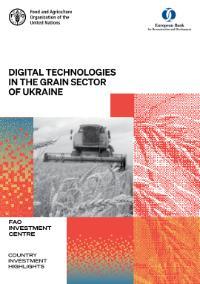
Comprising 30 percent of agricultural output and with an area of 15 million hectares, the grain sector is a pillar...
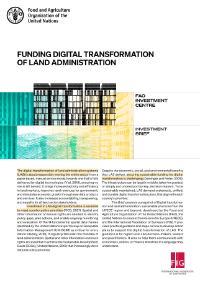
Digital transformation involves changing land administration systems from paper to 100 percent digital. It leads to greater activity and better...
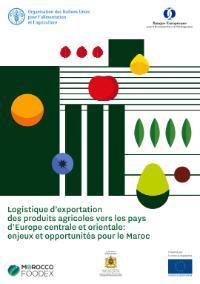
Les ambitions des exportateurs marocains de produits horticoles de conquérir de nouveaux marchés en Europe centrale et orientale pour diversifier...
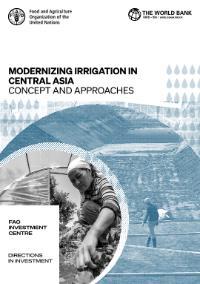
Modernizing irrigation systems in Central Asia could increase the productivity of the irrigation sector to meet growing food and export...
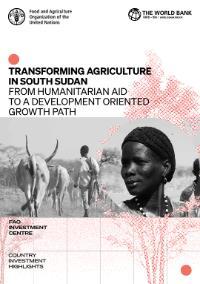
FAO teamed up with the World Bank on this strategic analysis of the investment, policy and institutional support needed to...
33.jpeg?sfvrsn=9fbc0ece_10)
RuralInvest is a free toolkit designed to support field technicians in their work with entrepreneurs by allowing the systematization and...
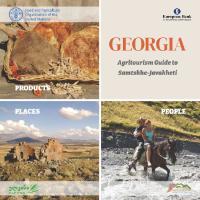
The purpose of this book is to better acquaint the general public with the agritourism potential of the Samtskhe-Javakheti region,...
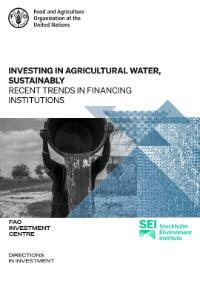
Climate change, poverty, inequality, and other disruptive factors are changing the way water is used for agriculture. Although IFI investments...
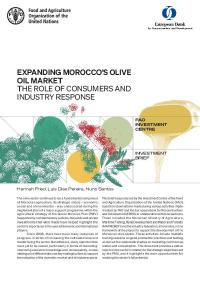
This brief was produced by the Investment Centre of the Food and Agriculture Organization of the United Nations (FAO), based...
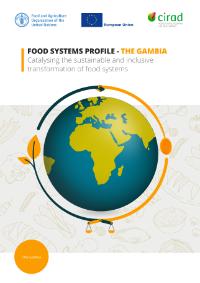
This Food Systems Profile provides a summary of the main food system issues in The Gambia and highlights potential solutions for their sustainable and...
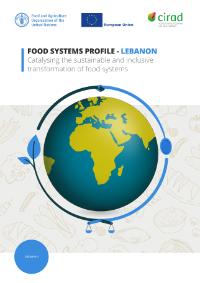
The Food System Profile provides a summary of the main food system issues in Lebanon and highlights potential solutions for their sustainable and inclusive...
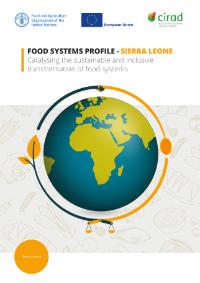
The Food System Profile provides a summary of the main food system issues in Sierra Leone and highlights potential solutions for their sustainable and...
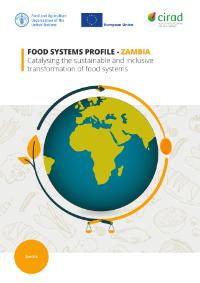
The Food System Profile provides a summary of the main food system issues in Zambia and highlights potential solutions for their sustainable and inclusive...
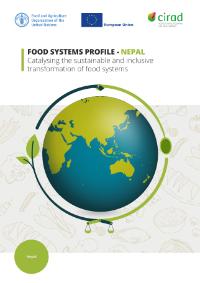
The Food System Profile provides a summary of the main food system issues in Nepal and highlights potential solutions for their sustainable and inclusive...
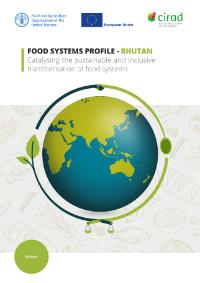
The Food System Profile provides a summary of the main food system issues in Bhutan and highlights potential solutions for their sustainable and inclusive...
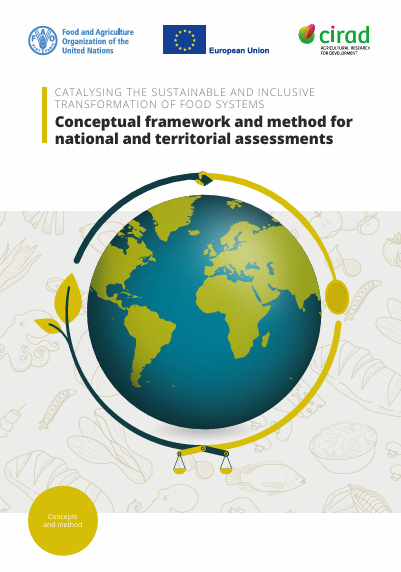
This brief provides a summarized version of the methodology used to conduct a global assessment of food systems in over 50 countries, following a joint...
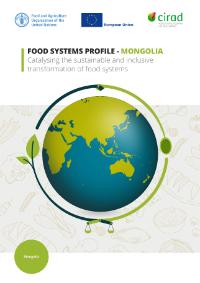
The Food System Profile provides a summary of the main food system issues in Mongolia and highlights potential solutions for their sustainable and inclusive...